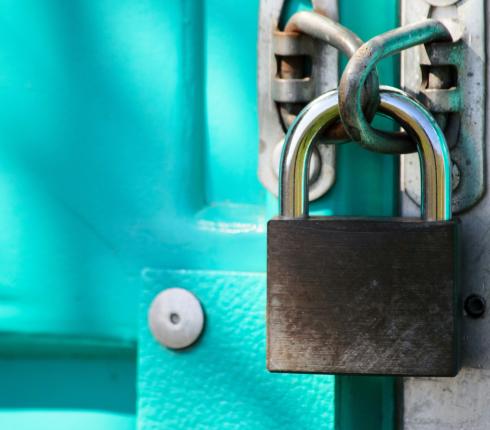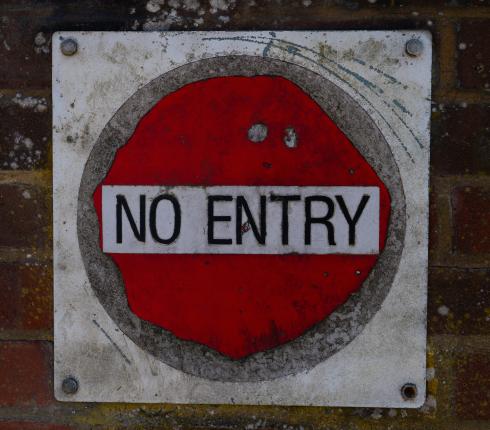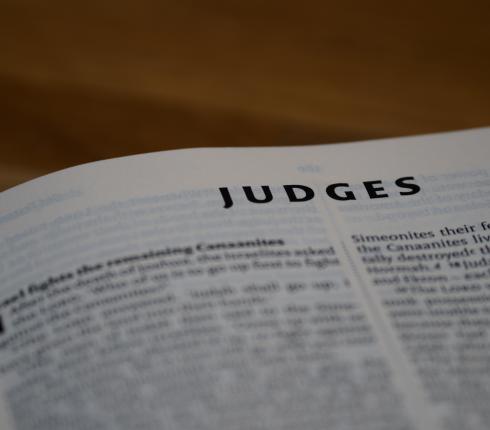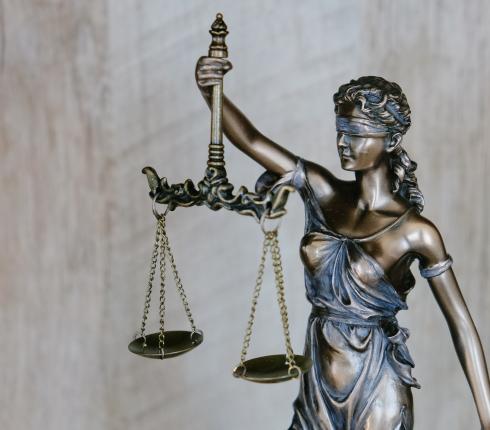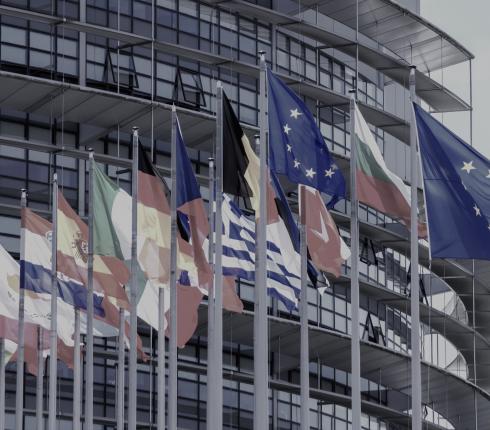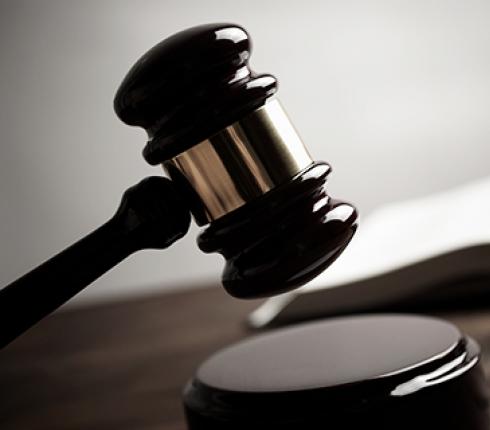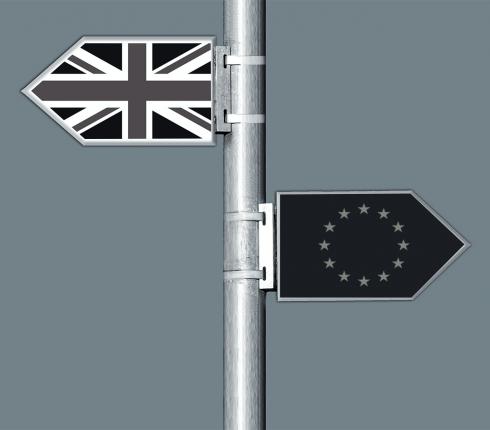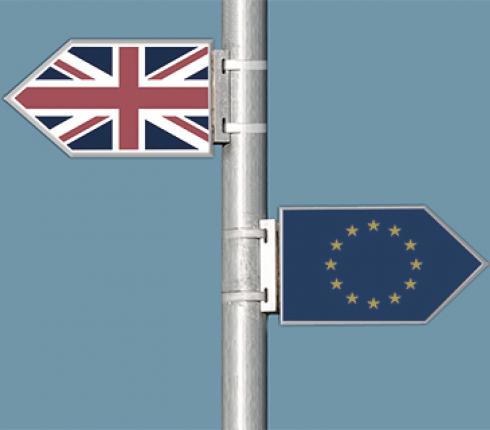NJORD Estonia: Holding a person accountable for online defamation may be difficult
The increasing spread of the Internet has made the problem of online defamation and presentation of false data about others a serious problem. People comment on others in various portals or even create websites where they start publishing defamatory posts. The Internet has made many people feel that they’re anonymous when online and nothing can happen to them no matter what they write there. This is really not the case and the people who slander others and post false data about them are responsible for their words, which can also bring about their obligation to compensate for damages.
Several measures can be applied against people who post defamatory or false claims – the person who posted such claims can be contacted or if they cannot be identified, it is possible to contact the owner of the website where the defamatory or false claims were published or turn to the law enforcement authorities (e.g. the Estonian police), or go to court. However, in the case of the latter two, it is necessary to know which authorities and courts have the competency to resolve the case. In terms of the competency of courts, the Supreme Court asked the European Court of Justice for an opinion in Civil Case No. 2-16-4631 on which country’s court is competent in a situation where the publication of false claims on the Internet has caused damage. The European Court of Justice responded that even if such claims are spread worldwide, the action is subject to settlement by the court that has the competency to settle the total claim for damages. The European Court of Justice and the Supreme Court have both determined on the basis of this which court has the competence to settle the case – the court that can settle the whole case, incl. the issue of whether the claims really were false.
However, the situation is not that simple. It’s somewhat understandable, that slanderers believe they are anonymous – holding them accountable may be very difficult in certain situations. Namely, the increasing spread of the Internet means that there is also an increasing number of measures that people can take online to hide, and this may be an obstacle to going to court or the police. It is possible to use proxies and other measures to conceal one’s identity when posting, publishing or keeping one’s own website. Many service providers in the world offer services that help conceal the person who actually registered the domain as well as the location of such person. Therefore, identifying the slanderers or webmasters can prove to be impossible. Thus, there isn’t enough information to report such cases to the law enforcement authorities or file an action with a court. In some countries, it is possible to file an action without knowing the exact person against whom it is filed, but in Estonia, for example, the defendant, i.e. the person against whom the action is filed, must be identified in the action pursuant to the requirements of the Code of Civil Procedure.
Those who offer the service of concealing the identity of people who register domains are usually not very cooperative as the main principle of their service is to guarantee privacy. Some of these companies may be more cooperative if they are given enough evidence and facts, and sometimes it helps if the claim is sent by an attorney. Sending a claim like this is worth a try – maybe this will help get information about the slanderer. However, such companies often demand documents issued by a court or a similar legal force before they disclose such information. This helps them protect themselves against the claims of their clients.
Thus, in order to hold a person accountable, it’s necessary to collect as much data as possible to find out the state whose authorities or courts have the competency to solve the situation, and what options of going to court exist in the respective country.
The rules of personal data processing are helpful if false or defamatory claims have been published about a natural person – processing personal data without legal grounds is prohibited. Therefore, it’s also possible to contact the data protection authority of the relevant country, which may be able to help identify a person. This also means that it’s necessary to identify the countries whose data protection authorities have the required competence, but without knowing the exact data, it is possible to contact the data protection authority of the country where the person lives, as the data protection authorities of various EU Member States cooperate with each other. The situation gets more complicated if the defamer is not located in the EU.
Filing a claim against the person who caused damage in the case of online defamation and false claims may prove to be rather difficult, but it is possible to find the culprit and hold them accountable if you don’t give up and take various measures, incl. use professional legal assistance.
(Authors: Triinu Hiob, Siiri Vello)

